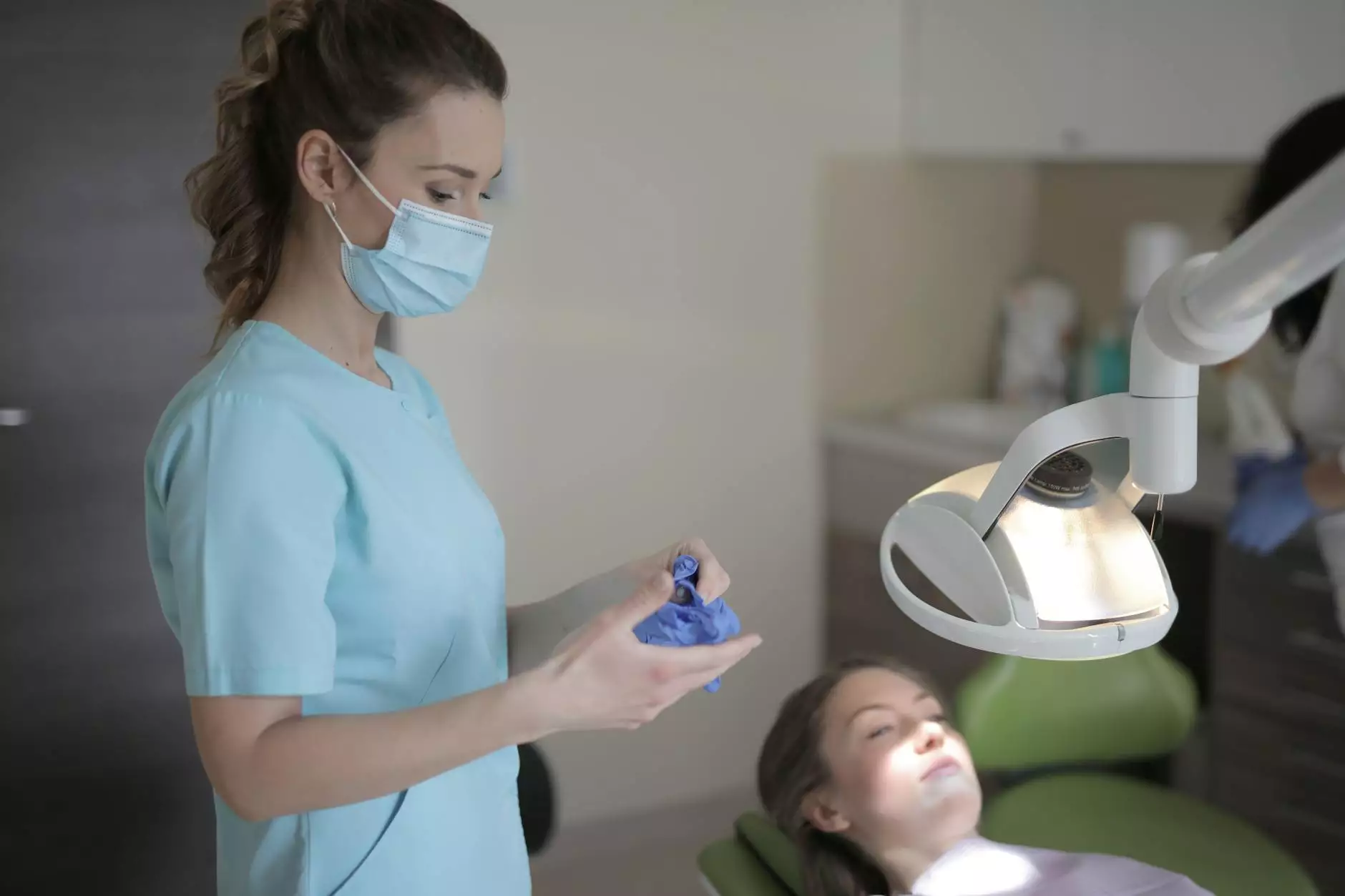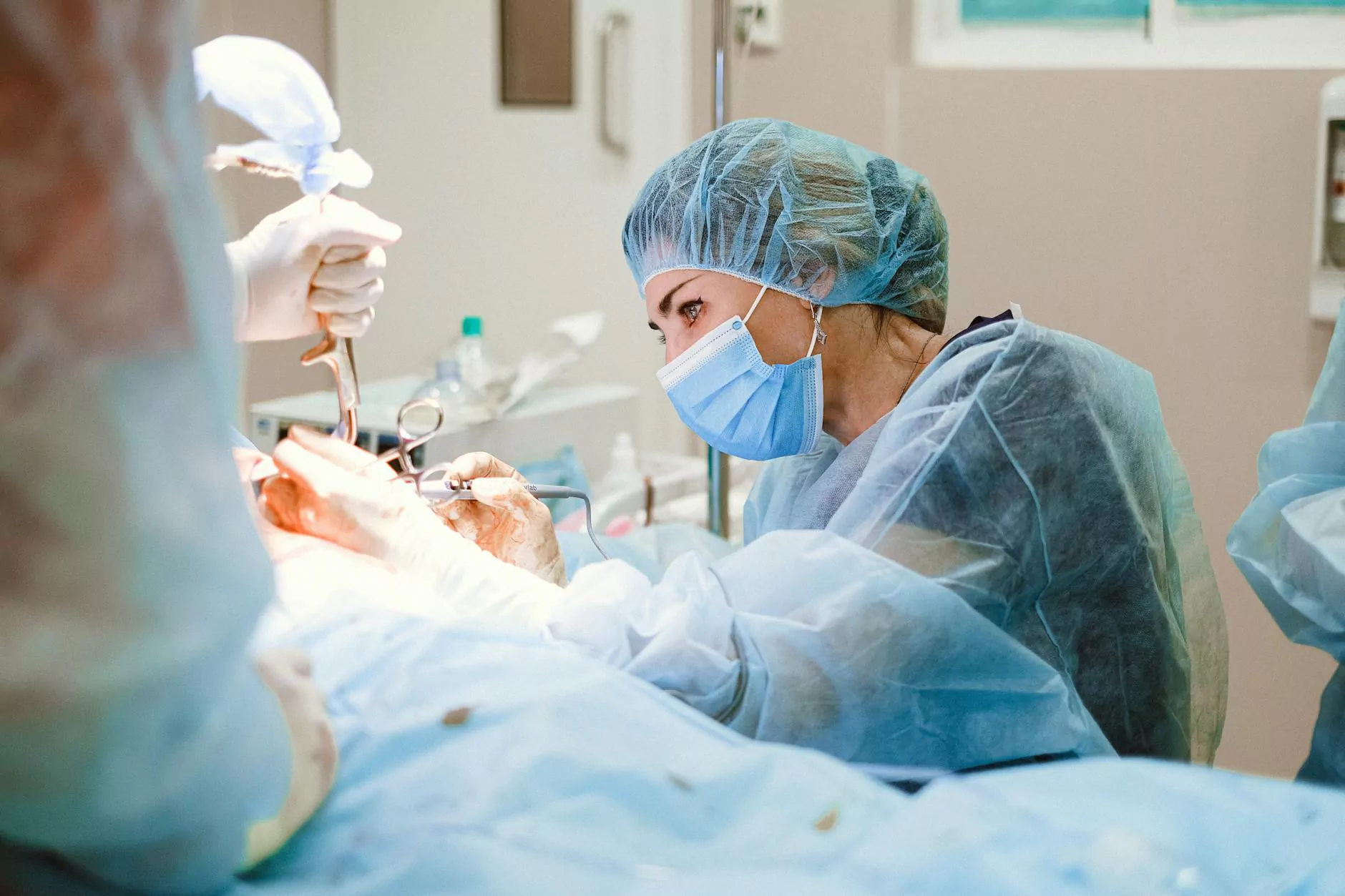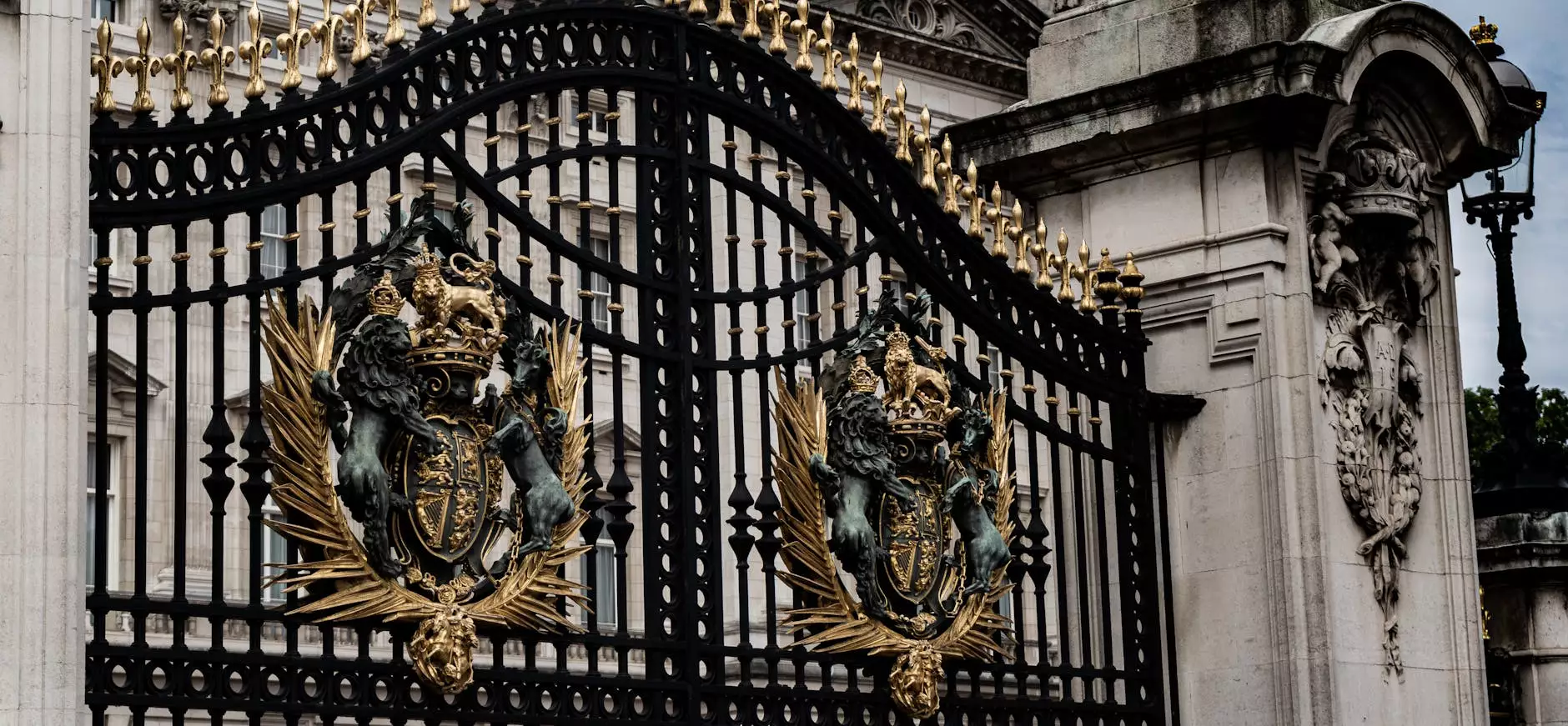Understanding the **Cost of Dental Crowns in the UK**

Dental crowns are one of the most common dental procedures, essential for restoring damaged teeth and improving oral health. However, many patients are often unsure about the dental crown cost in the UK. This guide aims to clarify everything you need to know.
What is a Dental Crown?
A dental crown is a cap placed over a tooth to restore its shape, size, strength, and appearance. Once the crown is cemented into place, it fully encases the visible portion of the tooth above the gum line. Dental crowns can be made from a variety of materials, including porcelain, metal, and resin.
Why Would You Need a Dental Crown?
Dental crowns are recommended for several reasons:
- Protection: To protect a weak tooth from breaking.
- Restoration: To restore a broken tooth.
- Support: To hold a dental bridge in place.
- Cosmetic Improvement: To cover a severely discolored tooth.
Factors Influencing the Cost of Dental Crowns in the UK
The cost of dental crowns in the UK can vary greatly depending on various factors:
1. Type of Crown Material
The type of material used for your crown significantly affects the price:
- Porcelain or Ceramic Crowns: Often used for teeth that are visible, they can range from £500 to £1,200.
- Metal Crowns: Gold or base-metal crowns may cost between £400 and £900, depending on the quality and type of metal.
- Resin Crowns: Less expensive but not as durable, costing approximately £300 to £700.
2. Location of the Dental Practice
Prices can vary based on the location. Dental practices in larger cities like London may charge more than those in smaller towns. It's crucial to check average costs in your area.
3. Dentist’s Expertise
The experience and qualifications of your dentist can also play a role in pricing. Highly skilled dentists may charge a premium for their services, but their expertise often results in better outcomes.
4. Complexity of the Procedure
If a tooth requires preliminary treatment, such as a root canal, the overall costs will increase since these procedures will add to the total dental crown cost.
5. Additional Services
Some dentists may include follow-up visits or additional treatments, which could affect the overall cost. Always ask for a detailed breakdown of what is included in the quoted price.
Average Dental Crown Costs in the UK
On average, the cost of dental crowns in the UK ranges from £300 to £1,200 per crown. Here’s a clearer breakdown:
- National Health Service (NHS): If eligible, NHS dental crowns can cost as little as £250. However, these options may be limited in materials used.
- Private Dentistry: Typically, private dental practices can charge between £500 and £1,200 for a single crown, depending on the material.
How to Choose the Right Dentist for Your Crown
Finding the right dentist is crucial for your dental health. Consider the following when choosing a dental practitioner:
- Qualifications and Experience: Look for a dentist with specific training in restorative dentistry.
- Reviews and Recommendations: Check patient reviews and ask for recommendations from friends and family.
- Consultation: Schedule a consultation to discuss your needs and get a feel for the dental practice.
What to Expect During the Dental Crown Procedure
The dental crown procedure generally involves two appointments:
1. Initial Consultation
During your first visit, the dentist will examine your tooth, take X-rays if necessary, and discuss the best material for your crown. In many cases, they will prepare the tooth by removing decay and shaping it to fit the crown.
2. Temporary Crown Placement
Your dentist may place a temporary crown to protect the prepared tooth while your permanent crown is made, which usually takes a few weeks.
3. Final Crown Placement
In your second appointment, the temporary crown is removed, and the permanent crown is fitted and adjusted for comfort. The dentist will cement the crown into place securely.
Potential Risks and Considerations
While dental crowns are generally safe, certain risks are associated, such as:
- Sensitivity: You may experience sensitivity to hot and cold temperatures.
- Allergic Reactions: In rare cases, individuals may be allergic to materials used.
- Failure to Fit: An improperly fitted crown can lead to discomfort or complications.
Aftercare for Your Crown
After getting a dental crown, proper aftercare is essential:
- Oral Hygiene: Maintain a routine of brushing and flossing to prevent decay around the crown.
- Avoid Hard Foods: Be careful with hard or sticky foods that could dislodge the crown.
- Regular Check-ups: Schedule routine dental visits to ensure the crown and surrounding teeth remain healthy.
Financing Your Dental Crown
Dental crowns can be a significant expense, leading many to seek financing options:
- Dental Insurance: Check your policy to understand the coverage for restorative procedures.
- Payment Plans: Many dental practices offer payment plans to make treatments more affordable.
- Health Savings Accounts (HSAs): Using HSA funds can help manage dental expenses.
Conclusion
The cost of dental crowns in the UK varies significantly based on numerous factors such as material, location, and the dentist's expertise. Understanding these elements can empower you to make informed decisions regarding your oral health.
Consult with a qualified dental professional to discuss your specific needs and circumstances. Investing in quality dental care can lead to improved health and enhanced confidence in your smile.
dental crown cost uk








